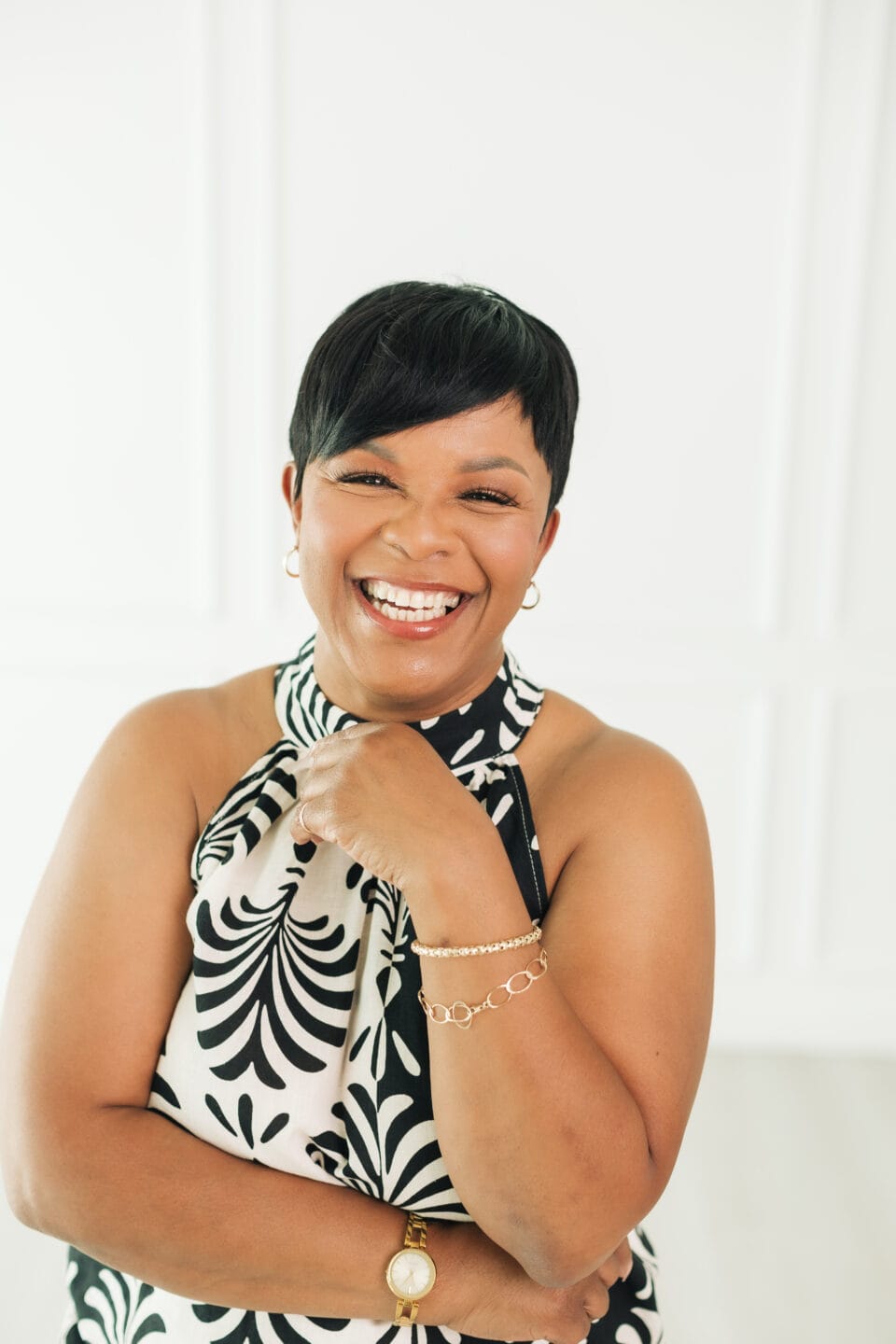
As a survivor who navigated a way forward after 28 years of battling childhood drug addiction, and 18 years as a victim of commercial sexual exploitation who eventually gave birth to the son of her trafficker, United Methodist Elder, Rev. Yevette "Vette" Christy, founded The Reclamation Project.
Vette uses her experiences to remind advocates that they are not beyond the work the survivor is engaging in. Advocates and direct care service providers must see themselves as a part of the transformative work of recovery, not just service providers.
"My journey from a lifetime of trauma into the various processes of reclaiming my life was negatively impacted by people who claimed to be advocates but were just people poised to re-exploit. In every place of rehabilitation I entered, there were unethical, exploitative ideologies, theologies, behaviors, program rules, and practices. For years I tolerated, even accepted, what was happening because I didn't know any better. I believed I was getting what I deserved as an unholy woman, a dirty girl, but then I began to understand that what I was enduring was violent and not life-giving; it was just a different form of exploitation."
The Reclamation Project is a non-profit organization that promotes a mindfulness approach to ethical advocacy that centers on the needs of survivors in practical ways. Our approach brings the advocate and direct care service provider into the personal work of wellness and recovery by acknowledging that social justice is not just about what they do but who they are. TRP addresses systemic issues, and cultural biases that often put psychological or religious limitations on women, and these limitations make the work of reclamation even more complex. These issues, albeit systemic, find their fullest expression in the human heart. After spending 4.5 years in two long-term residential homes and countless stays in rehabilitation facilities, Vette has experienced unethical, exploitative practices within the direct care service industry. While fighting for her life, Vette was touched by a drug counselor, solicited for sex by a facility cook, and called a "dirty girl" by a Christian residential care provider. These experiences and so many others have led Vette to the work of challenging advocates and direct care service providers to employ wellness practices that will help ensure that survivors of commercial sexual exploitation are safe and treated with dignity.


Exhausted, addicted, injured, and ashamed, Vette left the streets in 2006 and entered long-term residential care for the last time. And After 2.5 years, she walked out the front door with nothing: no money, no job, no home, no vocational training, no support, and no direction.
"During my time in residential care, I was taught to pray, worship, serve, cook, fundraise, and clean. I was being groomed to be a wife and to serve the Christian church. There is nothing intrinsically wrong with either of those ambitions, I'm a United Methodist Elder, but rehabilitation should not be about religious indoctrination. And as a woman who had just left the streets, the last thing I needed was to be groomed as a wife or to see men as my head before I saw myself as whole. All I needed was a safe space to rest, heal, reclaim, restore and rebuild. I did not need to filter my life, trauma, or purpose through the construct of marriage or the concept of submission. As an ex-prostitute, I know a world in which submission and exploitation are two sides of the same coin. One makes room for the other in the world of power, violence, and vice."